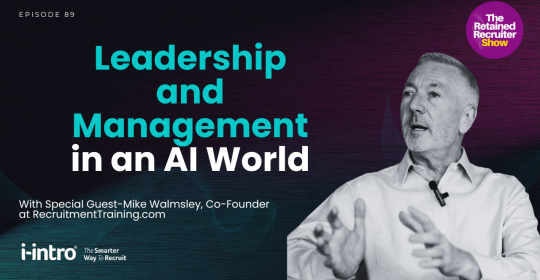Chief executives of the UKís largest companies tend to serve longer, are more likely to have a strong financial background and are younger than the CEOs of the top global companies, according to research issued today by Robert Half, the specialist recruitment consultancy.
The analysis of the career paths of the current crop of FTSE 100 and Standard & Poorís Global 100 CEOs found that:
The average time in office for the current CEOs of the worldís largest 100 companies is 4 years and 3 months, compared to 5 years and 5 months for their UK counterparts.
FTSE 100 CEOs tended to have a stronger background in finance than their global counterparts, with two in five (39%) of UK-listed chief executives having some sort of financial career path, compared with just over one in four (26%) S&P Global 100 CEOs with a finance background.
The average age of a FTSE CEO is currently 52 whilst global CEOs are older, the average age being 56 years.
Finance Backgrounds
The best route to the top is through a career in finance. Nearly one in three (32%) of the 200 CEOs analysed had a background in finance prior to appointment as chief executive officer.
Phil Sheridan, Managing Director of Robert Half, said, ìUnderstanding the financial aspects of the company is one of the most important competencies of a chief executive. Our analysis shows the worldís leading companies continue to put a high significance on financial skills when choosing their boardroom leaders, and in the current economic environment this is unlikely to change as business leaders face a period of uncertainty in the global financial marketplace.î
From a UK perspective, the analysis shows that the careers of some of the UKís most senior business people began with a foundation in finance including British Airways Chief Executive, Willie Walsh, who held the position of Group Finance Director prior to his appointment to the top job and BPís Tony Hayward, a former Group Treasurer.
The second most common career path for a FTSE 100 CEO is through marketing communications, with nine CEOs, including Tescoís Sir Terry Leahy and GlaxoSmithKlineís JP Garnier with this background. This compared to S&P Global 100 CEOs, where engineering backgrounds proved popular (10%). Global CEOs were also more likely to have worked their way up the corporate ladder, with a number of CEOs having joined early in their careers. These included Coca-Cola Company CEO E. Neville Isdell, who joined in 1966 and Toyota Motorís Fujio Cho who joined the company in 1960.
CEO Tenure
Despite UK CEOs having spent longer in office, the analysis highlighted that there is a steady turnover of CEOs year on year with 12% of FTSE CEOs and 17% of global CEOs having less than 12 months under their belts.
The longest-serving FTSE CEO is Sir Martin Sorrell, who has served 22 years as the companyís boss. During this time, he has seen the company join both the NASDAQ exchange in New York and FTSE 100 on the London Stock Exchange.
CEO Demographics
Bill Coley, CEO of British Energy Group is the eldest FTSE 100 boss at 65 and Oleg Novachuk, CEO of mining firm Kazakhmys, is the youngest at 36 years old.
The eldest global CEO is Toshifumi Suzuki of Japanís Seven & I Holdings who is 76, the joint youngest at 43 is UBS CEO Marcel Rohner and Carrefour CEO Jose Luis Duran.
Female businesswomen are underrepresented in both the FTSE 100 and the S&P global 100, with just three female CEOs currently part of the top 100 FTSE companies and three in the global index. Of these high flying women, a finance background remains a route to the top. London Stock Exchange CEO Clara Furse is one of the longer serving of her peers, appointed in 2001, and having been Global Head of Futures at Phillips & Drew (now UBS) earlier in her career.
Phil Sheridan continued: ìThe ability to analyse figures, handle the investment and shareholder community as well as demonstrate business acumen to all sides of a companyís stakeholders is a vital part of the CEO role. This is why so many companies look no further than their finance department for their CEO succession.î
Robert Half conducted its analysis into the career paths taken by FTSE 100 and S&P Global 100 chief executives during April 2008. Research was conducted through company websites, annual reports and CEO appointment news coverage.
UK Chief Executives Serve Longer Than Global Counterparts

Finance Background Best Route To The Top For Both, Robert Half Study Finds





